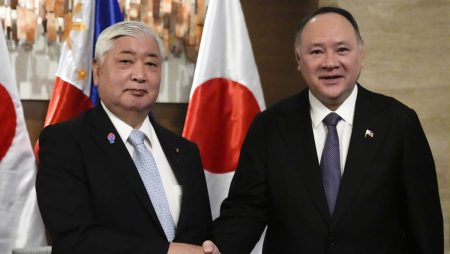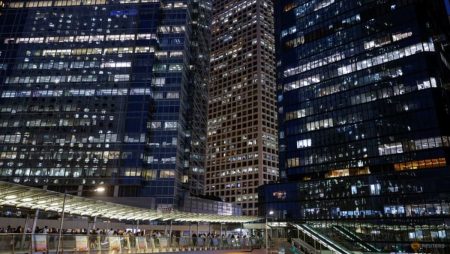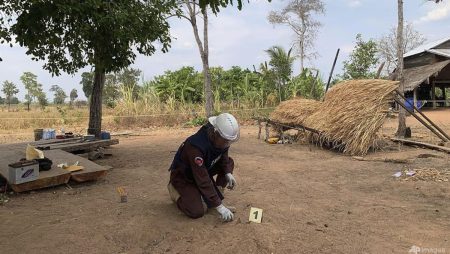The hypothetical fall of Bashar al-Assad, the embattled President of Syria, presents a complex and multifaceted opportunity for Malaysian Prime Minister Anwar Ibrahim to reshape Malaysia’s foreign policy and revitalize its international standing. According to Sophie Lemiere, a political anthropologist specializing in Malaysian politics, Assad’s removal from power could create a vacuum in the Middle East, potentially shifting regional alliances and prompting a reassessment of existing political and economic partnerships. This scenario provides a unique opening for Malaysia, under Anwar Ibrahim’s leadership, to re-engage with the region and strengthen its network of alliances, which have experienced some strain in recent years.
Anwar Ibrahim, known for his reformist agenda and commitment to good governance and human rights, could leverage this opportunity to position Malaysia as a key player in the post-Assad Middle East. This could involve mediating between conflicting factions, contributing to humanitarian aid and reconstruction efforts, and promoting interfaith dialogue to foster stability and reconciliation in the region. By taking a leading role in shaping the future of Syria and the broader Middle East, Anwar Ibrahim could enhance Malaysia’s international profile and reaffirm its commitment to peaceful conflict resolution and democratic values. This proactive engagement could also offer economic benefits, as Malaysia could potentially participate in the reconstruction of Syria, opening new markets for Malaysian businesses and creating opportunities for trade and investment.
The potential downfall of the Assad regime could also create a platform for Malaysia to strengthen its ties with other nations involved in the Syrian conflict and its aftermath. This includes re-engaging with Western powers, such as the United States and European Union members, who have been critical of the Assad regime and supportive of the Syrian opposition. Malaysia could also strengthen its relationships with regional players like Turkey and Saudi Arabia, who have played significant roles in the Syrian crisis. Rebuilding and reinforcing these alliances could bring substantial diplomatic and economic advantages, fostering greater cooperation in areas such as trade, security, and technology transfer.
Furthermore, Assad’s fall could provide an opportunity for Malaysia to reaffirm its commitment to the principles of international law and human rights. The Syrian conflict has been marked by widespread human rights abuses, including the use of chemical weapons and the targeting of civilians. By actively participating in the post-conflict reconstruction process and promoting accountability for past atrocities, Malaysia can demonstrate its unwavering commitment to these fundamental principles. This stance could resonate positively on the global stage, further enhancing Malaysia’s international reputation and attracting foreign investment.
However, navigating the post-Assad landscape will not be without its challenges. The complex web of regional and international interests involved in the Syrian conflict could make it difficult for Malaysia to carve out a clear and effective role. The potential for continued instability and violence in Syria poses significant risks and could complicate any efforts at reconstruction and reconciliation. Moreover, Malaysia will need to carefully balance its relationships with various stakeholders, including those with conflicting interests, to avoid being drawn into regional power struggles. Successfully navigating this complex environment will require deft diplomacy, a clear strategic vision, and a commitment to long-term engagement.
In conclusion, the hypothetical fall of Bashar al-Assad presents both opportunities and challenges for Malaysia. Prime Minister Anwar Ibrahim has the potential to leverage this situation to re-energize Malaysia’s foreign policy, strengthen its international alliances, and position the nation as a key player in the Middle East. However, success will depend on a carefully calibrated approach, taking into account the complexities of the regional landscape, the potential for continued instability, and the need to maintain balanced relationships with various stakeholders. By adopting a strategic and principled approach, Malaysia can capitalize on this potential turning point to advance its national interests and contribute to a more peaceful and prosperous future for the region.









